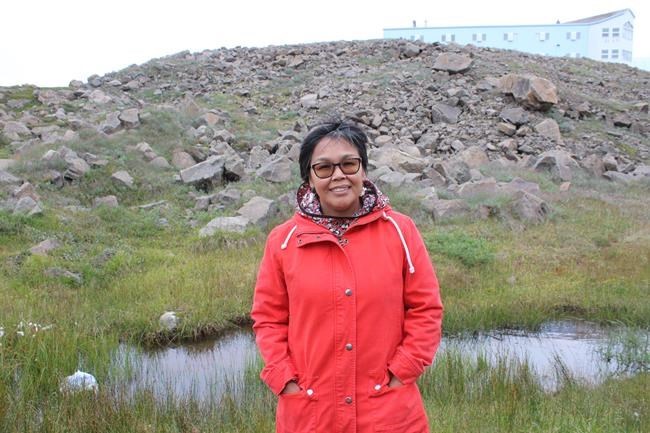OTTAWA — New data from Statistics Canada suggests the number of people who can speak an Indigenous language has dropped slightly.
However, the agency says comparing census years should be done with caution as the COVID-19 pandemic hampered its ability to fully enumerate First Nations and other Indigenous communities.
Statistics Canada released data from the 2021 census that shows about 243,000 people reported being able to speak an Indigenous language, which is a drop from the 2016 census when that figure was around 251,000.
The data release comes as Prime Minister Justin Trudeau's Liberal government has described promoting and preserving Indigenous languages as a priority.
Statistics Canada says the main Indigenous languages spoken at home are Cree and Inuktitut.
Like in other census years, it says more people report being able to speak an Indigenous language than those who report having one as a mother tongue, which suggests people are learning Indigenous languages.
Lori Idlout, the federal member of Parliament for Nunavut and NDP representative, says after constituents raise issues around housing, elder care and mental health, language is next on their list.
"Everyone is very much aware that we're losing our language very quickly," she said of Inuktitut.
This report by The Canadian Press was first published Aug.17, 2022.
The Canadian Press



